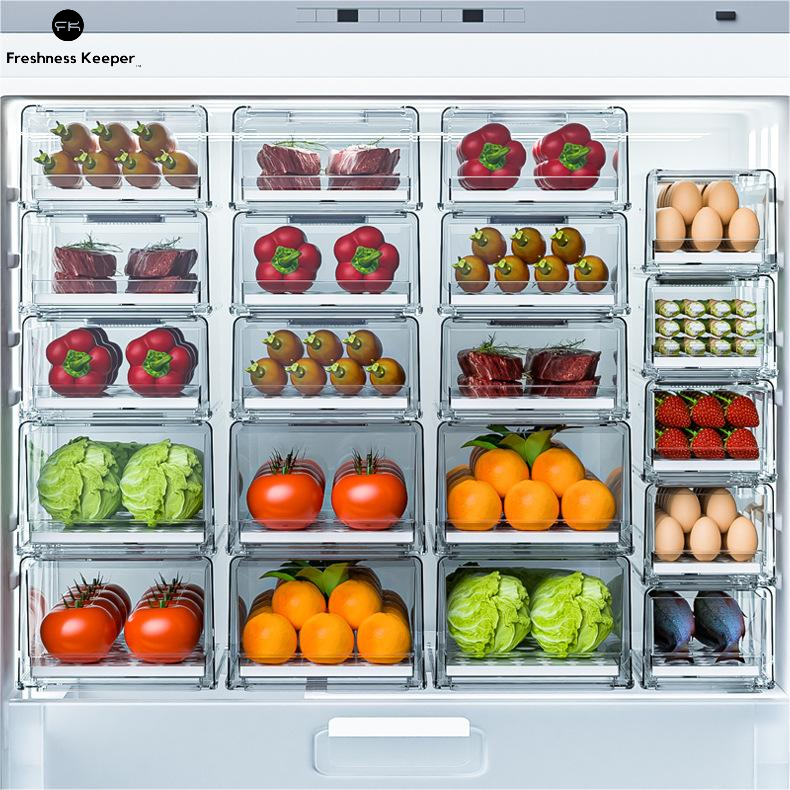
Food Storage Guide
Freshness Keeper Guide:Why store food in an airtight container when it's in the fridge?
The conventional wisdom for preserving cooked food for later use advises placing it in an airtight container and placing it in the refrigerator, which should have a temperature of at least 40 degrees Fahrenheit (4 degrees Celcius). I know the temperature is there to prevent bacteria from growing too quickly and shorten shelf life, but what about an airtight container? Is that also done to slow the growth of bacteria, is it more done to maintain quality by avoiding oxidation, or is it done for another reason?
For the purposes of my inquiry, I am more concerned with the food I am storing in terms of its quality and safety. I understand the need to store strong-smelling products in airtight containers to prevent the smell from contaminating other foods in the refrigerator or to avoid combining raw and cooked foods. Simply said, I want to know what effect the airtight container has on the food itself vs. if I stored it in a non-airtight container.
Ⅰ
The interior of a refrigerator is relatively dry (which is why they frost up; moisture in the refrigerator air condenses on the cooling plate and is then discharged from the refrigerator separately), which can be harmful to moist items that have been chilled.
Ⅱ
Oxygen lowers the quality of food in addition to keeping odors isolated and reducing the likelihood of cross-contamination. Moreover, oxygen helps aerobic rotting microbes. The food stays fresher for longer when there is less air. Your food's packaging helps prevent dehydration. Both quality and safety are benefited by using Sealed Crisper Containers.
Ⅲ
In addition, the airtight container is quite good for food quality and has other convenience aspects:
- If you put fresh fruit or vegetables in it, or cheese, you get a nice level of humidity, and vegetables stay crisp longer/cheese and other stuff doesn't dry out
- Several foods may give off or absorb odors. It is prevented by the sealed container.
- It won't fall into an open bowl of anything else if you accidentally drop something into the refrigerator or a bottle of something that is fermenting spills over.
- Modern containers have an almost-rectangular shape, which uses up the space in the fridge very efficiently, and allows stacking.
- Modern and simple jars are typically transparent, so storing food in them rather than the pot you cooked it in makes it easy to see what is where without opening lids.
- You are giving the pan time to react with the food and corrode or alter the flavor of the meal if you prepare food in a reactive pan (or even something not-very-reactive like seasoned cast iron) then keep the leftovers in it. Food storage containers are nonreactive.
So the airtight containers are best practice for quality reasons.
Post time: Feb-28-2023
